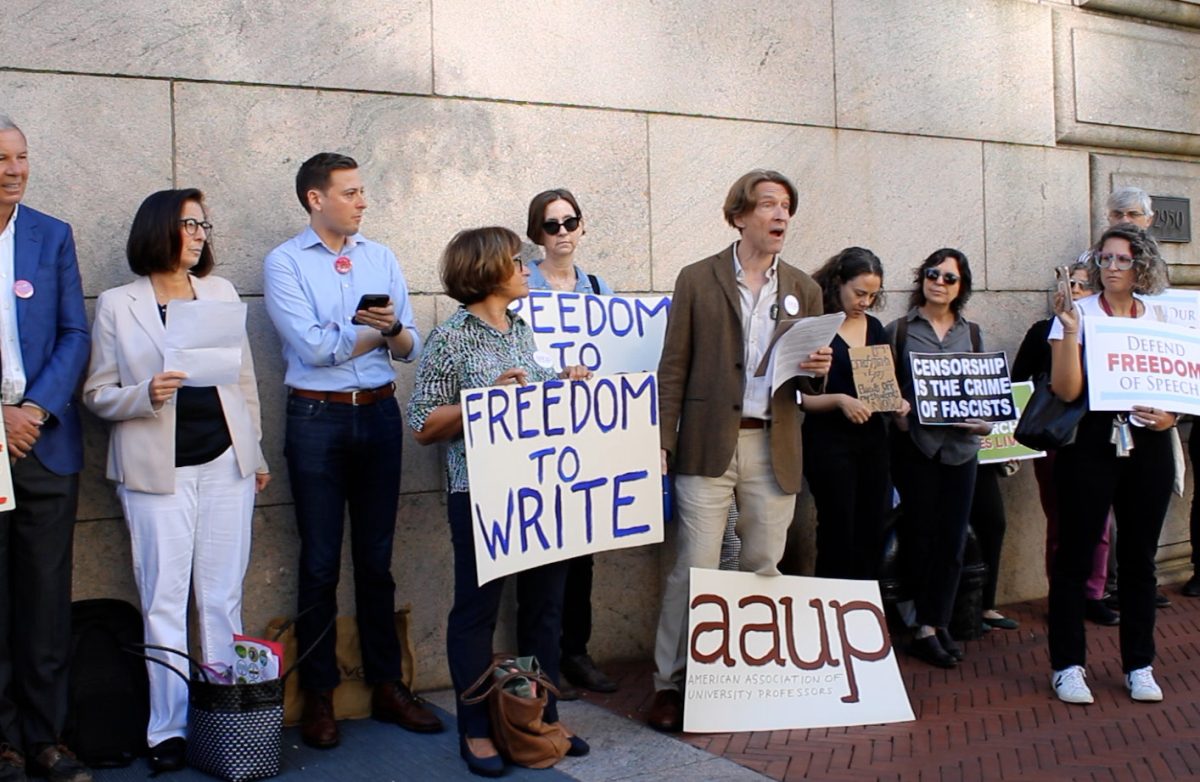In the previous edition of this five-part analysis, I analyzed the seductiveness of the manosphere and the Democratic Party’s reticence or impotence to articulate coherently against its vices. In order to fully address the issue of the political gender gap, however, one must also discuss the other edge of the particularly dangerous sword of unmoored male resentment: inceldom.
In order to have a successful dialogue, it is helpful to first lay out and define the terms under scrutiny. This is doubly important for terms whose unambiguously negative connotations lend themselves to exaggeration, name-calling or other forms of abuse. ‘Incel’ is one such term, too easily flung around at the price of the graveness that such a label deserves to carry.
The term ‘incel,’ short for ‘involuntary celibate,’ refers specifically to a person, almost always but not exclusively heterosexual and male, who identifies deeply with their sexual inexperience and, often egged on by online communities of like-minded individuals, consequently develops deep depression and/or rage. An incel lies the blame for this squarely at the feet of the gender(s) towards whom they are attracted, believing to be shallow, jealous of sexual power and solely interested in the physical aspects of personhood.
(‘Incel’ often gets thrown around as a blanket term for a male misogynist, which is not strictly accurate; doing so ascribes to a larger group the name of one of its subsets. I would also argue that perpetuating the term ‘incel,’ including as a disparaging term, sets back the project of gender egalitarianism because it implicitly connects one’s worth with one’s sexual prowess. We also still live in a lookist society, and as long as we continue to ignore that problem, the false hope of inceldom will retain a menacing, dark power to lead young people horrifically off course—but these are arguments for another article.)
Much like Odysseus navigating the Strait of Messina, to be a young man in modern America is to pass between two horrific monsters, each capable of swallowing or snatching you into depths nigh impossible to escape alone. If the hyper-atavistic overtures of the manosphere communicate the jubilation enjoyed by reveling in the ill-gotten gains of traditional, domination-nourished masculinity, the repression and resentment of (male) inceldom intimate the flip side, the rage of a self-identified underclass denied what they believe to be their God-given right to assert such domination. Unlike Charybdis and Scylla, however, each of these perils are equivalent in their tempestuousness; there is no lesser of two evils to be found. If the Democratic Party is to win back support with young male voters without compromising on gender egalitarianism, it must find a way to guide them through young adulthood
The issue? Left-liberal America appears to have neither the idea how nor the inclination to accomplish such a goal.
The current impulse within the Democratic coalition when dealing with men who have fallen into misogynist views and behaviors is to condemn such noxious ideologies, with public shaming and ostracism to follow. The first part of this paradigm is faultless: it gives no quarter to the sort of oppressive, overly prescriptive masculinity that the party wants to leave in the past. The second, however, betrays a fundamental incongruity with how we deal with certain gender issues and the moral foundation of left-liberalism.
The moral center of the Democratic Party—or at least of its idealized conception of itself—is compassion. This manifests itself within the party’s stances on increasing healthcare accessibility and criminal justice. Democrats often support expanding healthcare coverage and in the rehabilitation process for criminals because left-liberalism generally believes in extending opportunity to those afflicted by sickness or caught within destructive patterns, in second chances. There is, however, a price for such principled behavior: in order for others to take one’s moral convictions seriously, one cannot be selective about applying them. If the progressive wing of the party is to embrace rehabilitative justice, even at the cost of public support on the rare occasions that particular criminals relapse into recidivism, then it must be uniform in its application of such principles.
The task of formulating a new masculinity, one both free of the oppressive tools of yesteryear and naturally appealing to its potential adherents, is a monumental task, and I do not presume to have the answers. I do know, however, that in order to embark upon such a project with some hope of success, one cannot leave the large number of men in thrall to poisonous concepts of masculinity to their fates, writing them off as lost causes and relegating them inexorably to enemy status. One may choose to regard the spread of inceldom as a disease or as a personal failing, but the parallels to other areas of Democratic policy remain. It is not only humane, not only effective, but also consistent with the existing rehabilitationist views of the Democratic Party to develop ways to bring young men back from the brink, that they may partake in the challenge of plotting a new course for masculinity, one free from the latent toxicity of its forebear.
There is admittedly a caveat to this rehabilitative approach. If a person or institution is so thoroughly engaged as a vector by which these behaviors and ideologies spread as to be functionally irretrievable, or otherwise commits acts of violence in the name of such an ideology, then they deserve condemnation of the highest order. One must draw a line somewhere or risk others exploiting their goodwill. Nevertheless, putting in the effort to help young men drop these beliefs remains the compassionate way forward. We must not give up.
I shall close this section by issuing a cry for help to women in general, but particularly to those within the liberal-left caucus.
It is not your responsibility, per se, to help resolve the havoc these ideologies continue to wreak in our society. That being said, we can all do more to drive these pernicious influnces out of our shared culture. In spite of the confident assertions of traditional masculinity and the aggrieved accusations of inceldom, the different genders of our world are neither subordinated to one another nor natural enemies. Hammering that particular point home, however, is not a task that we can accomplish alone. We need your help plotting a course for safer shores—and while the societal harm of masculinities prior leaves you no personal obligation to help us, it really does benefit you if you do.
In the final installment of this serial, I shall discuss the Democratic Party’s ongoing and pervasive messaging problem, as well as suggesting some ideas for where the party can go next to regroup and fortify itself in the increasingly unstable world of Trump II.
















